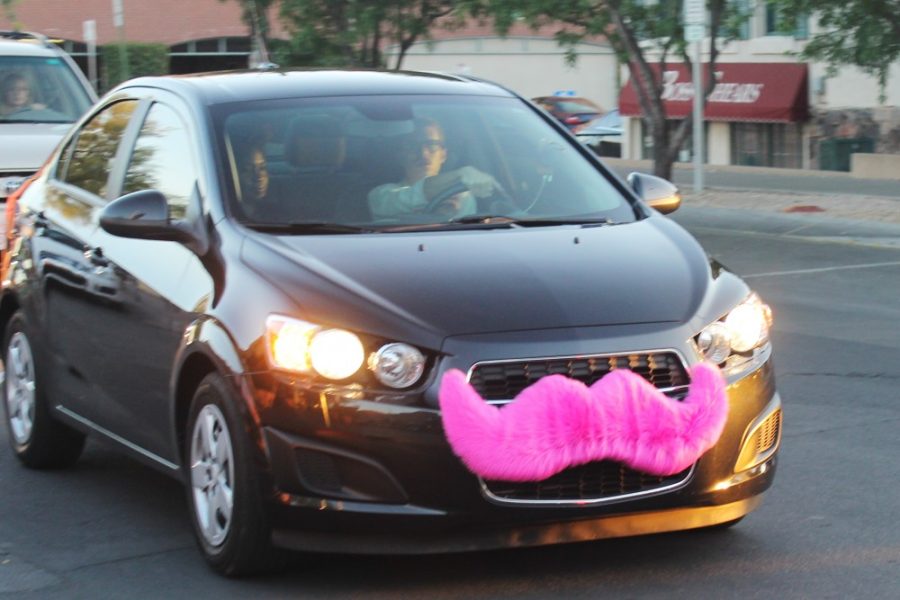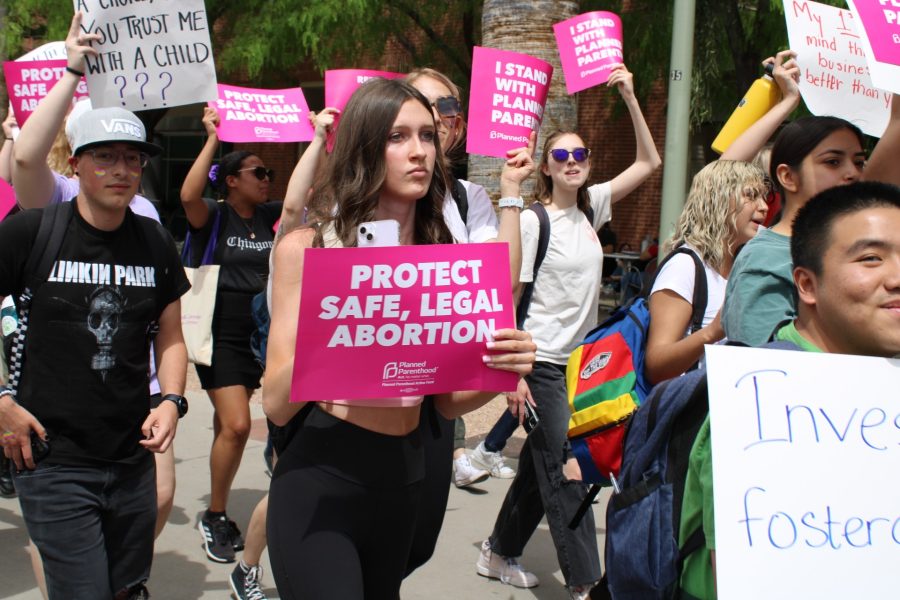Gov. Jan Brewer vetoed a bill that would have set different regulations for ride-sharing networks and regular taxi services.
House Bill 2262 would have allowed the state of Arizona to regulate ride-sharing networks, such as Uber and Lyft, though without the same safety standards and insurance requirements as taxi services. The bill was passed by both houses of the state legislature and sent to the governor’s desk on Thursday, where she vetoed it.
In her veto letter, Brewer said the bill would allow the networks to operate in Arizona without the safeguards necessary for drivers, consumers and the public.
“Consumer safety must not be sacrificed for the sake of innovation,” Brewer said.
Brewer cited gaps in insurance coverage and a lack of required drug testing for drivers as reasons she vetoed the bill. With the veto, Uber and Lyft will still be able to provide services in Arizona, though they will continue to operate without any regulation by the state.
Uber and Lyft representatives have both expressed disappointment regarding Brewer’s decision. In a statement, Uber said ride-sharing as we know it is dead in Arizona.
“With the veto of H.B. 2262, Gov. Brewer has taken an action that will slash quality jobs, restrict access to a best-in-class transportation options and set Arizona back in the innovation economy,” the statement read.
Lyft issued a statement saying that it had worked with state legislators to craft a regulatory framework that would, in fact, have set high safety standards for ride-sharing networks.
“Today’s disappointing decision goes against Arizona’s commitment to innovation and entrepreneurship,” the statement read, “but we will continue to stand strong as a community and do everything possible to ensure a path forward that allows ridesharing to thrive in Arizona.”
In the statement, Lyft also said the safety measures it employs surpass those required by the state for other transportation services. Lyft said it already has “rigorous requirements” in place to ensure safety including background checks, vehicle inspections and commercial insurance policies.
Steve Thompson, general manager of Uber Arizona, said earlier this month that safety is extremely important to Uber. Drivers must be 21 years old, have a four-door car registered in their name and go through background checks, Thompson said.
“We want to make sure we have the top partners to ensure safety for everyone,” Thompson said.
Uber had launched a social media campaign called Keeping AZ Moving Forward in the run up to the vote on H.B. 2262, urging Arizonans to express their support for the bill to their state legislators.
Ride-sharing networks like Uber and Lyft have been popular among UA students since the two ride-sharing networks launched their services in Tucson this academic year. Uber started operations in Tucson in October, and Lyft, whose cars are identifiable by their pink mustaches, began operating in Tucson earlier this month.
Representatives of taxi services in Arizona praised Brewer’s decision to veto the bill.
Mike Pinckard, president of Total Transit, the parent company of Discount Cab, said the veto protected consumers and Arizona businesses from a “sweetheart deal” for ride-sharing networks that would have only benefitted a wealthy few.
“H.B. 2262, which would have created special insurance and drug-testing loopholes for billion-dollar rideshare companies like Uber and Lyft, was bad law — law that put at risk every Arizona driver and passenger,” Pinckard said.
Some taxi services in Tucson have been hurt by ride-sharing services cutting into their business, said Trevor Henes, a driver for Low Cost Transportation who has worked with other taxi services in Tucson.
Henes also said he thought students are less safe when they use services like Uber and Lyft because of those services aren’t held to the same safety standards as taxi services. However, he added, it is ultimately up to students to decide whether they want to rely on a ride-sharing network or taxi services.
“The way I look at it is students have the choice of what they want to use,” Henes said.
-Follow news editor Ethan McSweeney on Twitter @ethanmcsweeney









